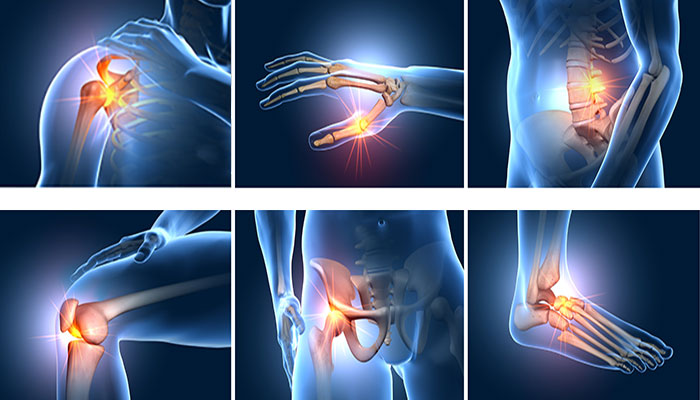
Does your loved one have problems with falling but still wants to get out and get around as before? Consider a rollator. Learn about the features to look for depending on indoor or outdoor use.


Does your loved one have problems with falling but still wants to get out and get around as before? Consider a rollator. Learn about the features to look for depending on indoor or outdoor use.

Perhaps the person you care for has visual impairments. Help them retain their independence by applying these tips for navigating the world of money despite low vision.

It’s tempting to push for needed changes. But your relative is more likely to dig in their heels when you do. Resist the allure of efficiency. Instead, consider an empathetic approach with small steps. You don’t want to risk harming your relationship.

Even if you are dealing with a serious caregiving situation, taking a moment to laugh and let some humor into your life can do wonders for your own health. Laughter can help you continue on without compromising your ability to be responsible and do what is needed. In fact, it will improve your emotional stamina.

If you are concerned about your ability to safely manage all the tasks needed when your loved one is discharged from the hospital, speak up! On behalf of your relative, you have the right to appeal a discharge that seems too soon.

Joint pain, fatigue, depression, or persistent infections are just some of the possible symptoms of chronic inflammation. There is no specific blood test to zero in on the source of the problem. But the symptoms will point to the area(s) most likely affected and help the doctor investigate further.

As the saying goes, “A grief shared is half a grief.” Learn to offer comfort to a loved one without jumping in too soon with reassurances or solutions. Such responses typically backfire. While comforting for the listener, they are more likely to close your relative down emotionally.

More and more Americans are turning to complementary and alternative healers such as herbalists, chiropractors, and acupuncturists. Learn the questions to ask as you search for a provider.

Many situations in eldercare require family decision making. This is easier said than done. Learn how to arrive at a mutually agreeable solution using insights from skilled negotiators.

To honor Alzheimer’s & Brain Awareness Month, we’re looking at the link between dementia and hearing loss. The early signs of both can be quite similar, and, in fact, people with hearing loss are more likely to develop cognitive problems.
© 2002-2024, ABC Care Management. Site created by Elder Pages Online, LLC.